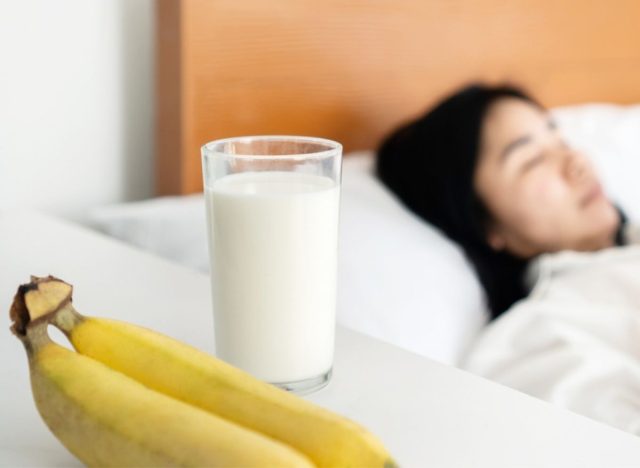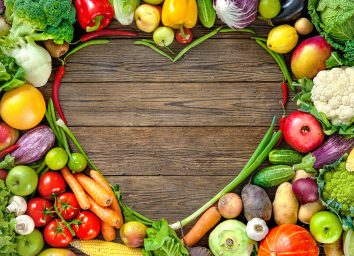The #1 Best Eating Habit for Heart Health, New Study Suggests

While there are plenty of vitamins and nutrients you'll want to ensure are found in your regular diet—we're looking at you, vitamin B, vitamin C, and vitamin D—potassium should definitely be one of them. A new study has shown that there happens to be a certain eating habit that can seriously benefit the health of your heart, and that's consuming potassium-rich foods. Apparently, having a decent amount of potassium in your system can reduce the harmful effects of excess sodium in your diet and lower blood pressure.
In the study published in the European Heart Journal, 24,963 participants were brought on between 1993 and 1997. At the time, they ranged from 40 to 79 years old with the average being 58 years old for women and 59 for men. The study initially involved the participants providing information regarding certain lifestyle choices and also having their blood pressure noted and urine samples analyzed for both sodium and potassium levels.
When those behind the study again took a look at the participants around 19 and a half years later, they found that 55% had dealt with serious and even potentially fatal issues with cardiovascular disease. It was found that those who had the highest amounts of potassium in the diet were 13% less likely to face cardiovascular problems compared to those who had the least amount of potassium in the systems.
"Our findings indicate that a heart-healthy diet goes beyond limiting salt to boosting potassium content," said study author Professor Liffert Vogt of Amsterdam University Medical Centers, the Netherlands, via EurekAlert!
The link between potassium and heart health

"This study adds to the body of evidence that suggests a higher potassium intake and lower sodium consumption benefits blood pressure," Elizabeth Ward, MS, RDN, and co-author of The Menopause Diet Plan, A Natural Guide to Hormones, Health and Happiness, tells Eat This, Not That!
When it comes to why a potassium-rich diet helps to reduce the effects of salt and lowers blood pressure, Ward explains that "potassium and sodium have opposite effects on blood pressure—potassium helps lower it and sodium tends to increase it." Ward also notes that "the more potassium you consume, the more sodium is lost in your urine." Beyond that, "potassium also helps to ease tension in blood vessel walls, which also helps better regulate blood pressure."
At the same time, Ward says, "While potassium is important for blood pressure control and for other reasons, some people need to be careful. Excess potassium can be harmful in patients with kidney disease, for example."
How to get more potassium in your diet
Ward says you shouldn't "look to potassium supplements to take the place of food," explaining that "it's likely that the fluid and phytonutrients in potassium-rich foods help to contribute to better blood pressure."
To get what you're looking for from your diet, Ward points out that "potassium is prone to destruction with processing, so raw and lightly processed foods have the highest potassium levels." With that in mind, remember that "fruits and vegetables are potassium-rich, but so are dairy products, seafood, and legumes."









